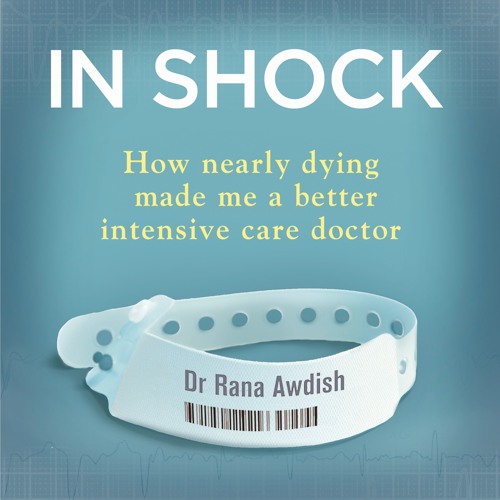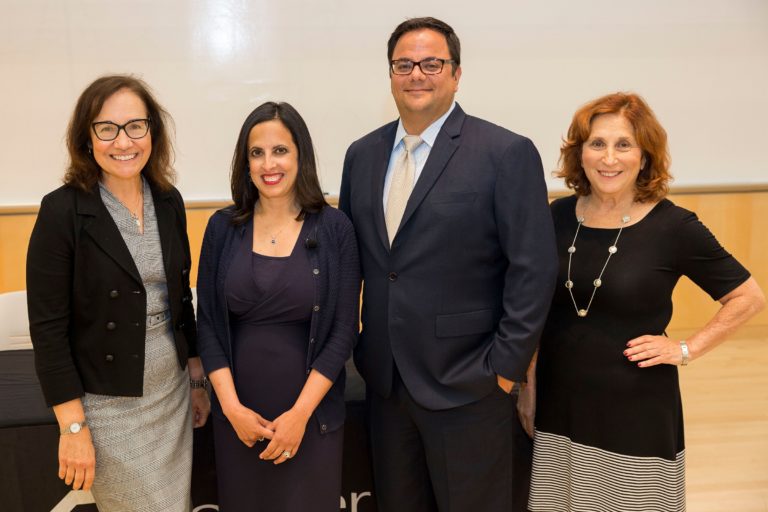

Daniela Lamas, MD, and Brooke Vittimberga.

/cloudfront-ap-southeast-2.images.arcpublishing.com/nzme/7HINNGV74FGXJ5WQN7KDM5CYXE.jpg)
We were honored to be joined by special guests Dr. Daniela Lamas for a #MedHumChat discussion Apexploring Humanizing the ICU. In Shock was paired with You Can Stop Humming Now, a book by Dr. I have also been touched by deeply caring people who have ensured my survival when I could not myself.” this #MedHumChat I have suffered and continue to suffer immensely.

I realized when I started doing it myself how much it affected *me*, and helped me feel a relationship even with pts too sick to ‘meet’” we tolerate becomes the standard which we accept” perspective is one of brutal honesty and openness. Can language be a barrier that distances docs/patients?” favorite residents as a med student, esp neurologists, modeled speaking to sedated pts as though they could hear us. It is so easy to believe that you are not heard.” found the contrast between the deeply human words in one piece (panic, darkness, gasped, cried, etc.) & the detached medical jargon of the other piece (intubation, dilator, transfusions, etc.) compelling. About being tired or bored or annoyed at being on call. “Definitely makes me think of all the seemingly benign conversations I have over the heads of sedated patients. How can we, at the individual level and at the broader health systems level, humanize care in the ICU? What would ideal ICU and post-ICU care look like? What can we learn from her story about communication in the ICU? Awdish intervenes when a resident speaks carelessly around a sedated, critically ill patient. Awdish’s story offers a window into the experience of being critically ill in the ICU. We’re losing her.’ And that statement could have been the last thing I ever heard.” (pg. “I only knew that when I was dying, the very last thing I heard was ‘She’s circling the drain here. In those days before my memories were coherent, I believed I had been drowned.” (pg. “In my muddied consciousness, I struggled to maintain alertness long enough to piece together clues: the warbled texture of speech, the bloat of my body, the gurgle of fluid in my lungs. I was wholly dependent on machines I understood the magnitude of catastrophe this signified.” (pg. It was like trying to breathe with your head out the car window the force of the air made movement of breath impossible. I felt a breath delivered, without having drawn it myself, and shuddered at the sensation. “I resurfaced, overtaken with a sudden fear.


 0 kommentar(er)
0 kommentar(er)
